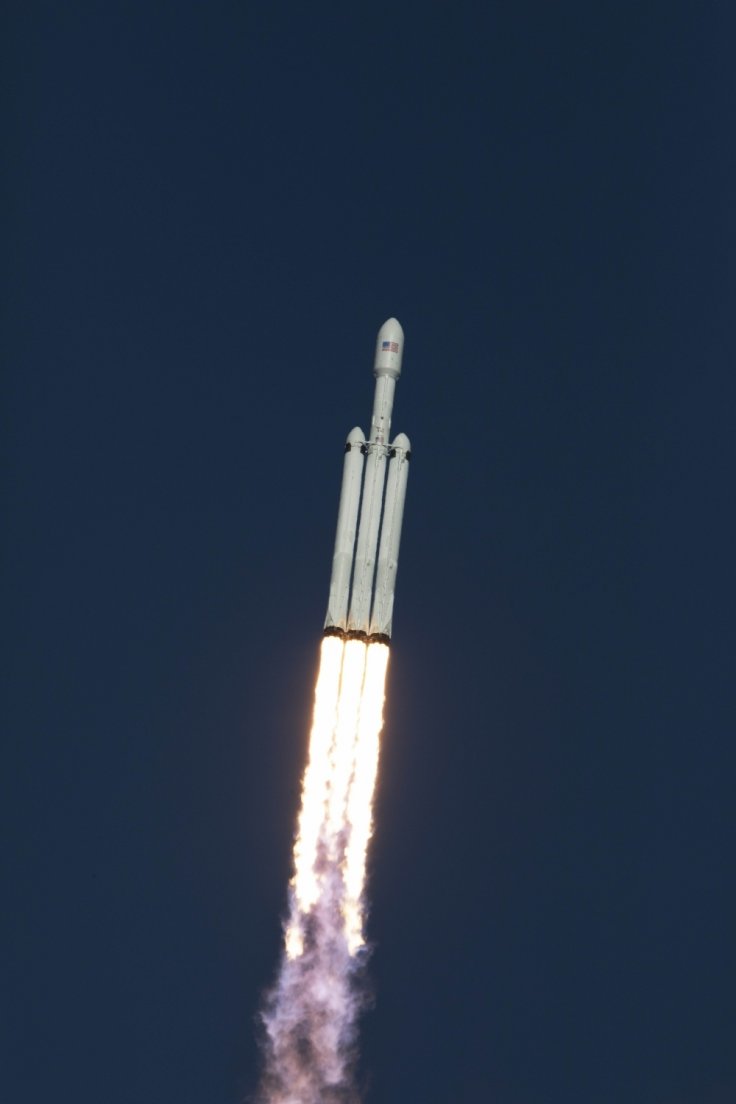
It has been two weeks since Elon Musk's SpaceX launched Falcon Heavy along with Tesla roadster to space. The launch was considered a milestone achievement, as it was for the first time that such a large payload was delivered into space. But now, Musk's decision to send a car into space has not gone well with some scientists. Skeptics claim that the car and Starman from the earth have carried the largest load of earthly bacteria, and in the future, it could contaminate other worlds including Mars.
Will Tesla's roadster contaminate outer space and other planets?
The warning is issued by researchers at the Purdue University. Even though nobody is clear where Tesla will end up, researchers at the University strongly claims that things will be seriously troubling if the terrestrial bacteria reaches some other world.
"If there is an indigenous Mars biota, it's at risk of being contaminated by terrestrial life. Would Earth's organisms be better adapted, take over Mars and contaminate it so we don't know what indigenous Mars was like, or would they be not as well adapted as the Martian organisms? We don't know," said Jay Melosh, a professor at the Purdue University, Phys.org reports.
Scientists said that invasive organs which reach a new habitat will create chaos, and it will destabilize the delicate environmental balance in any given area.
Even though there are no current pieces of evidence which indicates the presence of life on Mars, scientists believe that if there are any microbial presence on the red planet, the introduction of terrestrial bacteria to the surface will spell disaster.
Tesla's roadster is not sterilized?
NASA's Office of Planetary Protection always tries to ensure that the spacecraft landing on the surface of other planets are sterile, and they are void from the presence of microorganisms. However, scientists at the Purdue University believe that Tesla roadster was not certainly sterilized before the launch, and in the course of time, it will spell troubles when it lands other planets.
"Even if they radiated the outside, the engine would be dirty. Cars aren't assembled clean. And even then, there's a big difference between clean and sterile," added Melosh.
It should be also noted that some bacterial life forms in the earth will go dormant in the vacuum of space, and it will wake up again when conditions are favorable. If the bacterial life forms wake up when the car reaches Mars, it will surely emerge as a biothreat.









